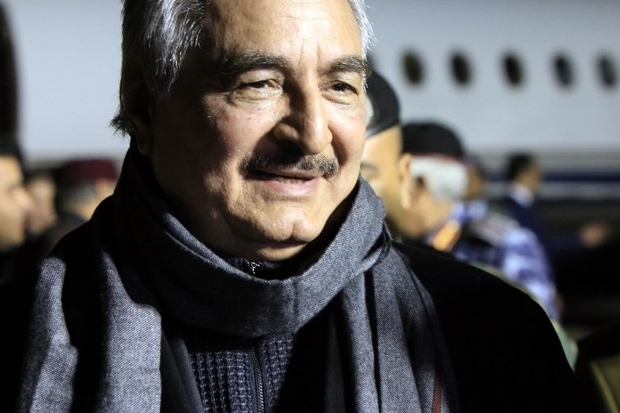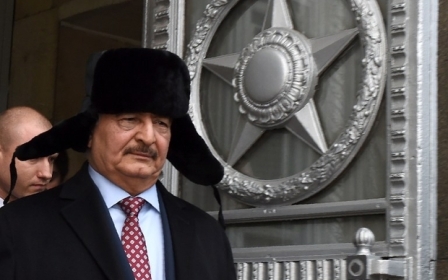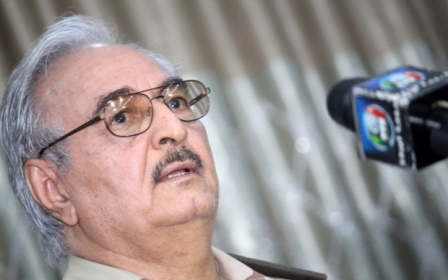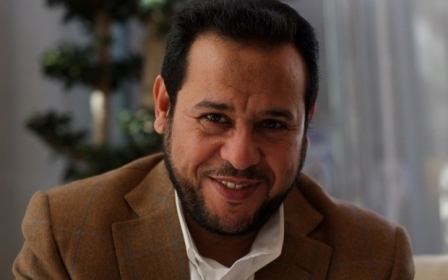UN says Libya envoy spoke with Haftar, quashing death rumours

The United Nations Support Mission in Libya appeared to quash rumours about military commander Khalifa Haftar's death, tweeting late Friday that envoy Ghassan Salame spoke to the self-styled field marshal over the phone.
Earlier Friday, news outlets and social media activists had conveyed reports of Haftar's demise, as officials in his Libyan National Army (LNA) denied the accounts.
Pro-LNA 218 TV reported that Haftar is in "stable condition" at Percy Hospital in Paris.
Haftar, 75, has captured most of eastern Libya from Islamist fighters and militants. He is also vying for power for power nationally, and he may run for president in Libya's upcoming elections later this year.
His forces are aligned with the east-based authorities against the Tripoli-based, internationally recognised government.
Conflicting reports have been swirling around Haftar's health, sparking rumours and questions about the future of Libya in his potential absence.
While Al Jazeera reported earlier this week that the east Libya leader was in a coma after suffering a stroke, an LNA spokesperson has repeatedly said that Haftar is in good health.
Libya Observer news website cited "diplomatic sources" as saying that Haftar died on Friday. The report picked up steam when Egyptian journalist and parliament member Mustafa Bakri sent condolences in a tweet eulogising Haftar.
"The news that was attributed to our colleague Samir Ghattas, upon which I sent condolences for the death of the field marshal turned out to be false. May God heal field marshal Haftar and grant him health and prosperity," Bakri later tweeted.
LNA spokesperson Ahmed al-Mismari, who initially denied that Haftar had any medical issues, insisted again on Friday that the military commander is in "excellent health".
Haftar has presented himself as the answer to militant groups and taken a hardline stance against the Muslim Brotherhood.
But critics accuse Haftar of being a proxy for Egypt and the United Arab Emirates, fuelling armed conflict and committing human rights violations. His detractors say he is leading a counter-revolution against the NATO-backed uprising that toppled Muammar Gaddafi in 2011.
Middle East Eye propose une couverture et une analyse indépendantes et incomparables du Moyen-Orient, de l’Afrique du Nord et d’autres régions du monde. Pour en savoir plus sur la reprise de ce contenu et les frais qui s’appliquent, veuillez remplir ce formulaire [en anglais]. Pour en savoir plus sur MEE, cliquez ici [en anglais].




